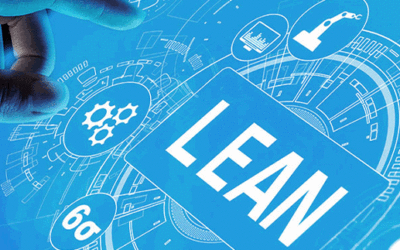Future-proof SHEQ Management in the COVID-19 Aftermath
As more stringent anti-COVID-19 measurements grapple Australia’s major urban areas, workplace health and safety management is taking precedence over massive profits.
Now more than ever, business needs to realise the benefit of SHEQ management and compliance in an unpredictable, changing world.
Non-compliance with the new SHEQ management order during pandemic times could lead invariably to public apprehension, distrust and, at worst, total business demise. There is no reason to panic, though.
The key lies in a flexible and compliant SHEQ management system that can withstand the storm. In times of crisis, such an integrated system can prove to become a powerful ally.
A laser focus on safety inspection controls
Operating businesses can no longer dodge the enforcement of health and safety management systems underlined by a comprehensive safety inspection component. The latter is becoming standardised across industries to include mandatory PPE, workplace sanitisation procedures, and much stricter employees’ health check-ups than ever before.
For example, Victorian premier Andrew Daniels announced in August that industrial workers would have to adhere to strict safety guidelines and be equipped as if they were health workers under the new Stage 4 rules. This came mandatory after a further spike in coronavirus cases has been reported in the Melbourne metropolitan area.
Worldwide, the implementation of strict hygiene regulations and regular health check-ups will become paramount post-2020 to counteract and address similar or novel pandemic threats.
Our SHEQX (Health, Safety, Environment and Quality) management solution aggregates SHEQ data in a single, auditable database and manages analysis and reporting effectively, ensuring effective compliance and a more robust approach to corporate sustainability.
New directions in future risk management
Globally, the human workforce is currently subject to some of the most stringent safety controls in history. This situation raises new questions about the relationship between workplace health, productivity and stress management.
In particular, the business environment will be significantly influenced by the way companies deal with emergency response and future crisis in a post-pandemic world. SHEQ management efforts should allocate sufficient space to preventative risk measures in unforeseen circumstances.
Last but not least, quantifying the economic impact of such strategies is a must. According to a recent statement by Sidney mayor Cliff McNeil-Smith, the economic effects of COVID-19 in the country will reach beyond 2021, prompting new ways for municipalities and businesses to address the long-term negative impact.
Quality versus quantity in workforce safety management
There is no denying that the future of business will look very different in the following years, and will likely focus on a lower level of production with a reduced workforce while maintaining the highest SHEQ standards.
Future-proof SHEQ management systems will focus heavily on quality assessments, technological and environmental impact. In industrial settings, robotics and automation are expected to soften the productivity blow, pushing forward new SHEQ strategies that have to consider job replacements, emerging technologies, and substantial work digitisation.
Ultimately, the further systematisation of SHEQ management will help achieve a more compliant, adaptable and responsive framework, equipped to better deal with novelty threats such as global calamities and widespread pandemics.
NICAID Group is now offering safety, health, environmental and quality management solutions with the integrated SHEQX software. SHEQX aggregates SHEQ data in a single, auditable database, to manage analysis, reporting and compliance efficiently.



